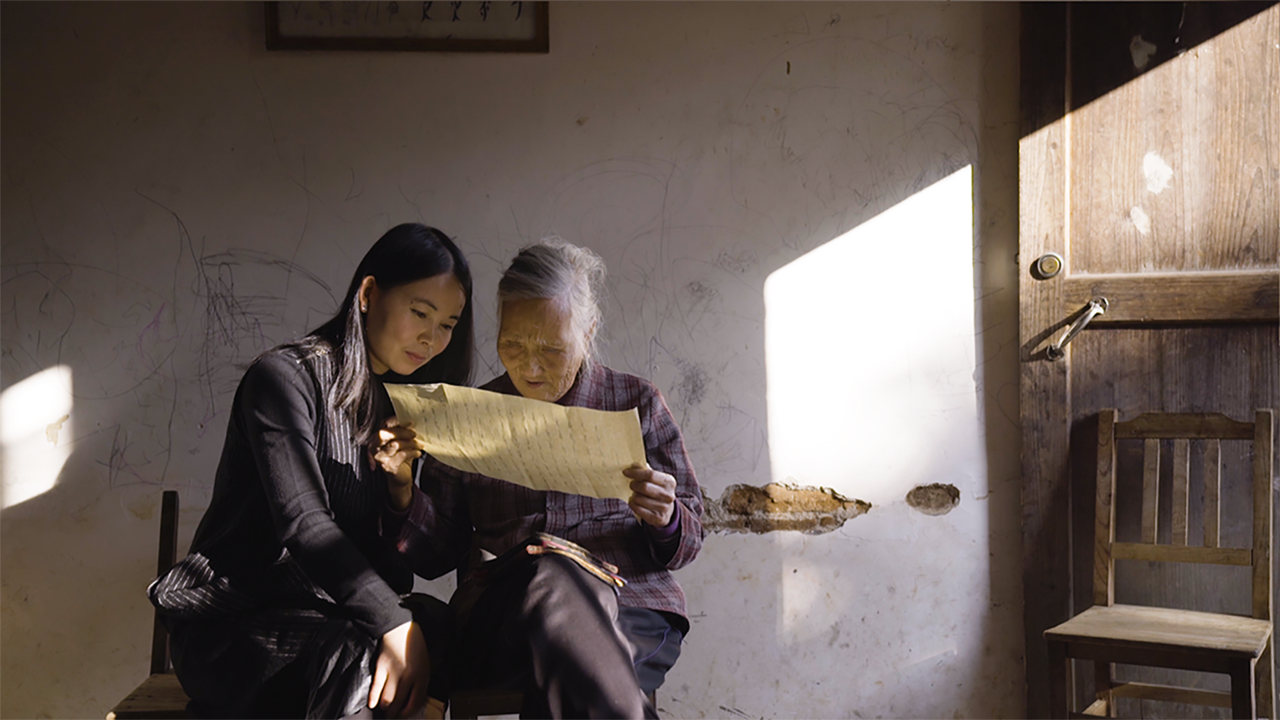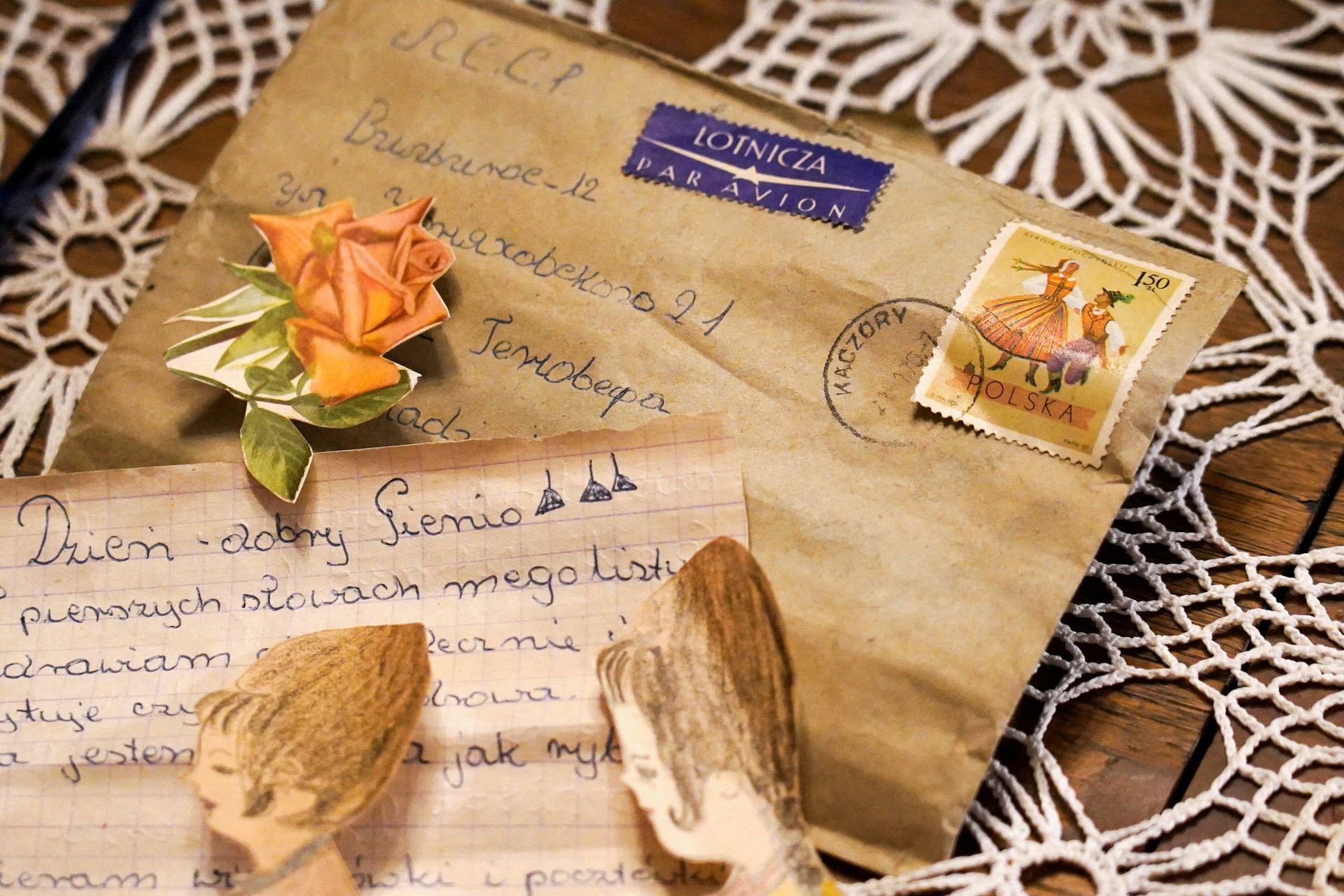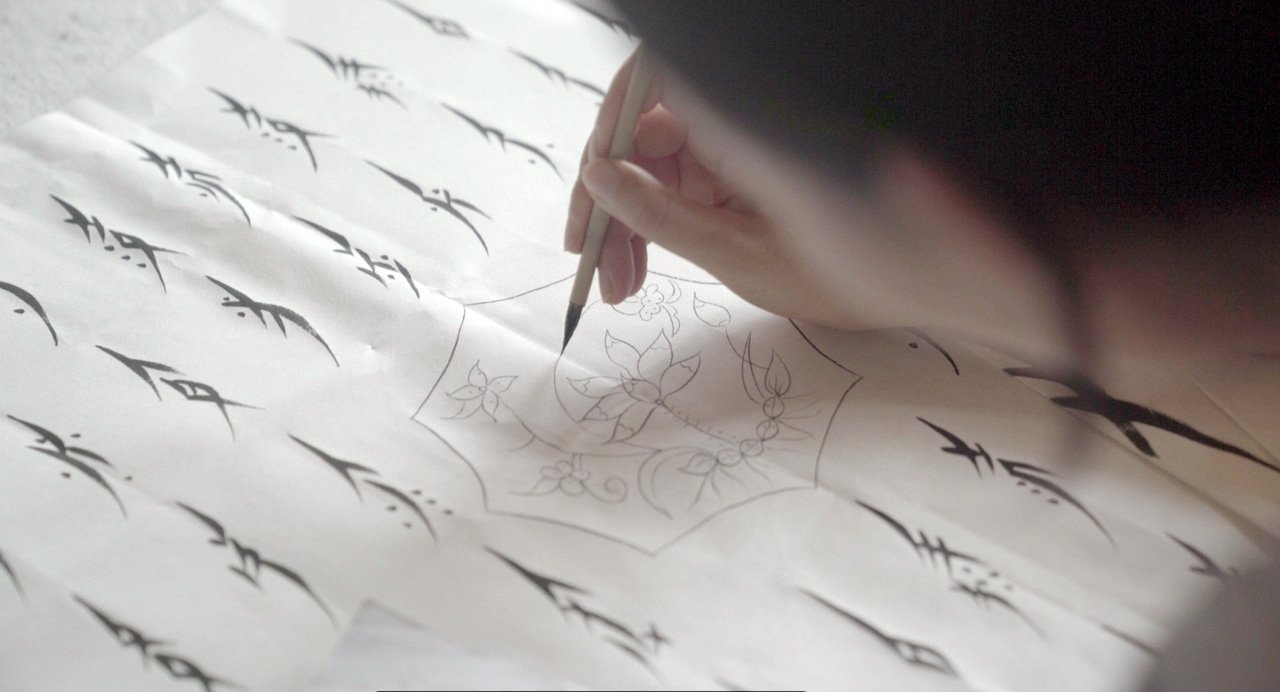Tribeca Film Festival 2022
New York, NY
June 8–19, 2022
Drake Stutesman
Some Films to See:
THE CAVE OF ADULLAM
2022
LAURA CHECKOWAY
US
94 min.
Laura Checkoway's deeply emotional documentary, filmed in a Detroit martial arts dojo for young African American boys, run by sensei Jason Wilson, shows, with real understanding, how much young men need help. Wilson's dojo, which he calls the Cave of Adullam, after the Biblical reference to non-violence as valor, is set up to address the desperation that exists in their lives as they struggle to find a sense of self. Like a raft that a shipwrecked, drowning person finds in the sea, Wilson's club is a safe place. He offers an alternative to the macho belief that has slammed boys and men for generations, pushing them with the idea that violence is the only way to express their egos. Wilson's young students, just beginning to be teenagers, at 13 and 14, are seen in the film in tears, expressing some of the pain that they long have been taught to suppress. They are given a space by Wilson who reveals to them that they can be men and expand their lives, even in the dangerous situations they often face. And Wilson speaks about this frequently. He tells the boys that learning the martial arts and controlling their emotions so that they can pause, even for a second, even if they are in danger, will allow them to think through and choose how to handle what they are facing. He shows them that having these qualities will open their lives and give them tools to deal with difficulties, and, as importantly, with their own feelings. Wilson is, in a sense, posing a Gandhi role model (a role missing in macho rhetoric) for boys to feel good about emulating or even being interested in non-violence and a deeply rooted sense of self. Checkoway, in her director's statement, described her impassioned understanding of Wilson's aim:
“From the first time I set foot in the Cave of Adullam, it was clear that this is the kind of program so many of us deeply need—emotional, spiritual, and overall personal development; a program that both demonstrates and celebrates healing while also embracing the hard work it takes to get there. The academy’s founder and sensei, Jason, leads his community with extraordinary heart-centered commitment. Watching the boys in the circle, I felt chills as I recognized that through this documentary, we could help transmit these lessons, these gems, to all who watch it.”
Checkoway's direct, loving documentary is potentially on a cusp of new changes. This perception of the horror of violence is being voiced by others, in other ways. Ukrainian president Volodymyr Zelensky, in his interview with Richard Engle, described how much special effects movies impressed him when he was younger, citing Saving Private Ryan and other war films. However, he said, in the current Ukrainian battles, he felt very differently when he experienced war's actual reality. When he saw the stillness of the massacred bodies and felt the silence in the destruction, his perception of violence changed. Zelensky articulated so clearly the disconnect that the culture encourages, and that boys and men especially are expected to juggle. Jason Wilson's dojo, Cave of Adullam, and Laura Checkoway’s film, The Cave of Adullam, are both ways in which new connections for young men are becoming new mainstays.
Must see. An exceptional film on offering African American boys non-violent ways to understand and love themselves as men.
WINNER OF THE TRIBECA FILM FESTIVAL DOCUMENTARY AWARD, 2022
HIDDEN LETTERS
2022
VIOLET DU FENG AND ZHAO QING
China, Germany, Norway, US
89 min.
Purposeful, strong, and unusual, Hidden Letters, co-directed by Violet Du Feng and Zhao Qing, is a beautiful film. The documentary reveals the use of a Chinese covert language system known as Nushu, roughly meaning “women’s script.” Nushu, an ancient language system, was created and used for centuries by women who, denied education, limited by having their feet bound so that walking was impossible, and trapped in misogynistic marriages, nevertheless fought back against this censorship of their lives by making a secret writing that only the inducted women could read. The film follows two young women in China today who are active in revitalizing Nushu as an important current in Chinese history and in Chinese women’s history as a way, in part, to deal with their own difficulties. One woman describes the fearless creativity of this script as “created out of rebellion.” The film, so specifically Chinese, is nevertheless a universal picture of women's courage in the face of extreme abuse and of the deep connections between generations of women. Violet Du Feng and Zhao Qing make this a simple film, taking a fraught subject and an ingenious subject, and making it part of contemporary life using simple framed images that resonate in their plainness. The directors take a street, trees, and a spider’s web and place them within the context of seeing Nushu's long slender characters coming into focus as they are being written on a scroll.
Must see. A beautiful, direct film about an elusive language used by Chinese women.
MY NAME IS ANDREA
2022
PRATIBHA PARMAR
US
90 min.
Pratibha Parmar's documentary, My Name Is Andrea, focusing on the feminist activism of Andrea Dworkin, is timely because Dworkin's work is as hotly relevant in 2022 as it was in the 1970s, a relevance acknowledged by the film’s many executive producers with their own strong activist histories, such as Gloria Steinem, Kim Agnew, Abigail Disney, and V (formerly Eve Ensler). In her lifetime, Dworkin was famed, lauded, scorned, reviled, attacked, and influential, but her name is less known today. The film highlights her straightforward, instructive ideas on sexism, prejudice, and human rights, but Dworkin’s insight into the realities faced by women is the most vital feature of this film. My Name Is Andrea attempts to contemporize Dworkin by using numerous vignettes of contemporary women, young and old, who, in direct address, speak her words. But these intercuts can be jarring, as Dworkin had a unique writing and oratory style and those are lost. But overall, it’s valuable to hear the words, to perceive her angry, direct militancy, and, even more, to understand some of the solidarities and contradictions of second wave feminism and its street movements. The film shows how foundational these movements were to culture today and reveal how prescient Dworkin's scope was, especially her criticism of gender roles as artificial. The film is hard to watch at times, but many films about basic human rights violations are. But in today’s cultural consciousness about targeted hate crimes, it’s crucial that some of her ideas be highlighted again, such as her recognition that women are victims of “hate.”
A strong documentary on the work, influence, and times of feminist Andrea Dworkin.





